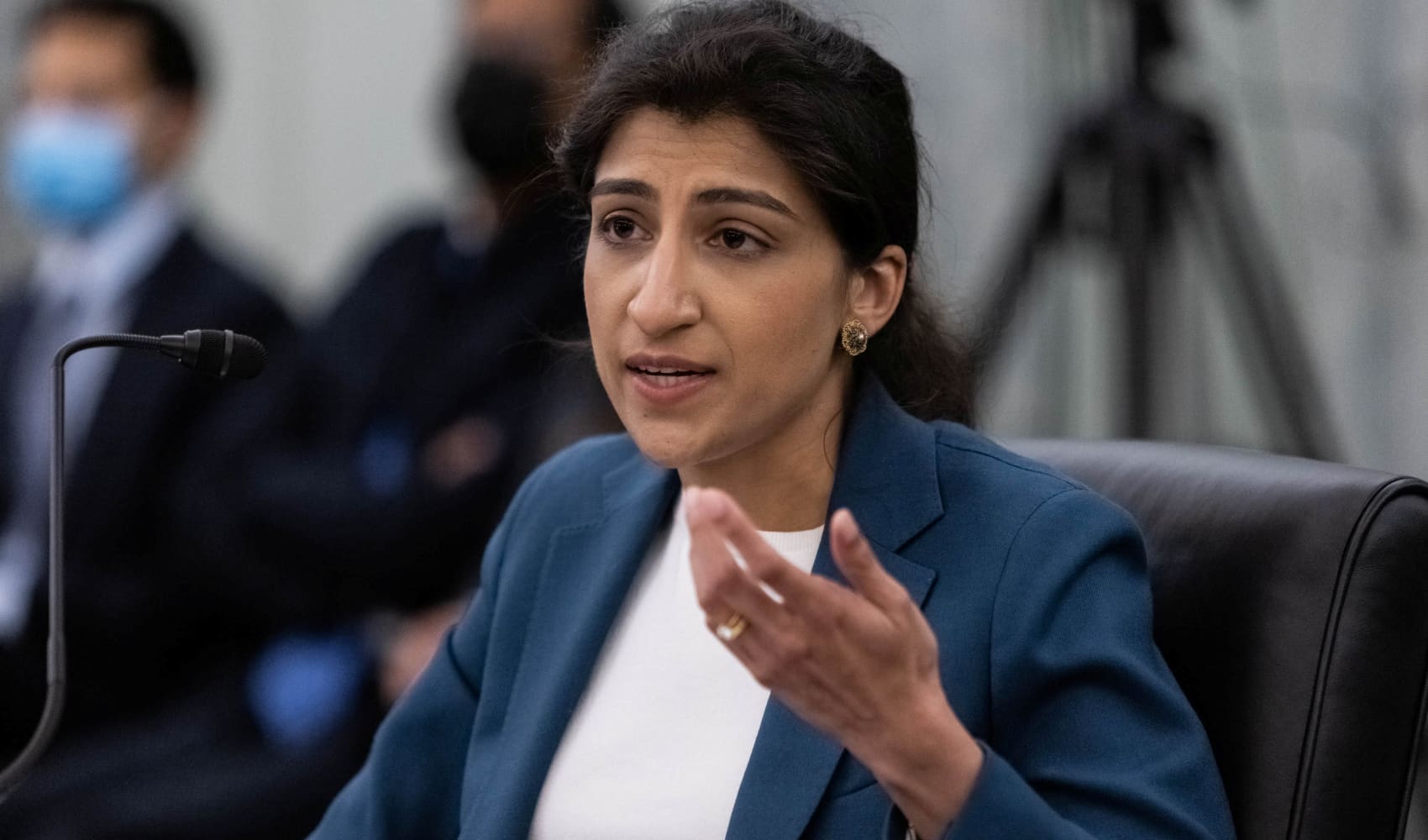
- Asia-Pacific markets traded mixed on Monday, with shares in Japan, Hong Kong and the Chinese mainland struggling for gains.
- Investor sentiment improved last week around coronavirus vaccine rollouts and U.S. stimulus hopes, which saw a record-setting session Friday on Wall Street.
- Singapore's largest banks — DBS, OCBC, UOB — fell on Monday while the broader Straits Times Index gained 0.18% as of 3:32 p.m. HK/SIN.
SINGAPORE — Asia-Pacific markets traded mixed on Monday, with shares in Japan, Hong Kong and the Chinese mainland struggling for gains.
Investor sentiment improved last week around coronavirus vaccine rollouts and U.S. stimulus hopes, which fueled a record-setting session Friday on Wall Street.
Australia's benchmark ASX 200 rose 0.62% to 6,675 as the heavily-weighted financials subindex advanced 0.28%. Energy and mining stocks mostly rose — shares of Rio Tinto rose 2.46%, Woodside Petroleum was up 0.65%, Fortescue was up 3.78% and BHP added 2.14%.
In Japan, the Nikkei 225 declined 0.76% to 26,547.44 while the Topix index dropped 0.86% to 1,760.75. South Korea's Kospi index retraced earlier losses to climb 0.51% to 2,745.44.
Chinese mainland shares fell: The Shanghai composite declined 0.81% to 3,416.60 while the Shenzhen composite was down 0.301% at 2,294.91 and the Shenzhen component fell 0.38% to 13,973.48.
In Hong Kong, the Hang Seng index fell 1.25% in late-afternoon trade. Major indexes in India, Indonesia, Malaysia and Philippines traded up as of 3:32 p.m. HK/SIN.
Money Report
Vaccine hopes
Markets are in a "sweet spot" where rallies are "seduced by the promise of more stimulus intersecting with vaccine hopes; overriding near-term vulnerabilities," said Vishnu Varathan, head of economics and strategy at Mizuho Bank's Asia and Oceania treasury department.
He wrote in a Monday morning note that the U.S. as well as the global economy are far from out of the woods. "In fact, if anything, record high new infections and US jobs disappointment point to the risks of air pockets interrupting this recovery," Varathan said.
Companies Pfizer and Moderna have applied for emergency authorization from the U.S. Food and Drug Administration for their coronavirus vaccines. They could be given the green light at some point in mid-December.
Meanwhile, the U.K. last week became the first country to authorize Pfizer's vaccine, which was developed with BioNTech.
Though market reaction to the positive vaccine news has mostly been jubilant, there remains a "fairly long lag between vaccine approval and effective vaccination on a wide-enough scale globally," Varathan wrote. That could span anywhere between six to 12 months, he said, adding, that even with vaccination there is "no guarantee an automatic and swift reversion to pre-COVID levels and rates of growth."
Singapore banks
Singapore's largest banks fell on Monday while the broader Straits Times Index gained 0.18% as of 3:32 p.m. HK/SIN.
Shares of DBS Group fell 0.58%, Oversea-Chinese Banking Corporation was down 0.59% and United Overseas Bank declined 0.87%.
Last week, Singapore's central bank announced the successful applicants that will be allowed to operate the city-state's first digital banks. Among them was a venture between Singapore Telecommunications and tech company Grab as well as internet platform company Sea.
A senior Singtel executive told CNBC on Monday that its entry into the banking sector is not aimed at bringing down established lenders.
Ratings agency Moody's said the digital banking licenses "pose a limited threat to the largest domestic banks in the city, namely DBS, OCBC and UOB."
"However, competition will heat up for the smaller foreign-owned Singaporean banks that have modest domestic operations, and thus face the greatest disruption risk from digital bank entrants," said Eugene Tarzimanov, a senior credit officer for the financial institutions group at Moody's Investors Service.
Singtel shares rose 4.27% in afternoon trade.
Currencies and oil
In the currency market, the U.S. dollar traded at 90.851 as of 3:34 p.m. HK/SIN against a basket of its peers. The dollar index fell from levels near 91.80 last week but climbed from an earlier session low of around 90.688.
The U.S. dollar is expected to remain on a downtrend this week, according to currency strategists at the Commonwealth Bank of Australia.
"The recovering world economy undermines demand for the (dollar)," the strategists wrote in a Monday morning note. "Even if some economic data released this week is soft, we expect market participants to heavily discount it because the distribution of vaccines starting this month improves the medium-term economic outlook."
The Japanese yen changed hands at 104.12 against the greenback, strengthening from an earlier level around 104.23. The Australian dollar traded flat at $0.7421.
Oil prices traded lower Monday during Asian hours. U.S. crude futures were down 0.56% at $46 a barrel while global benchmark Brent traded down 0.47% at $49.02.






